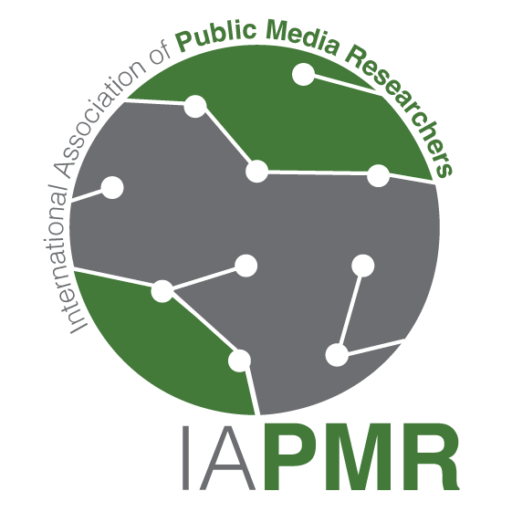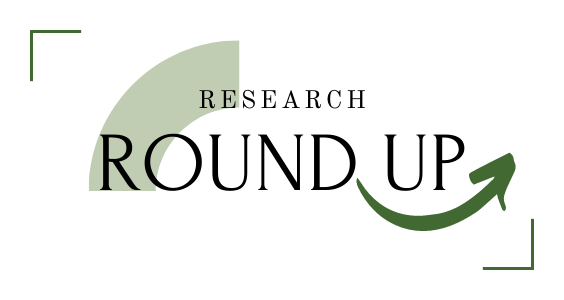| Over the past decade or so, fact-checking initiatives have flourished across newsrooms worldwide, including in PSM organizations, in response to growing concerns about the surge of misinformation and disinformation arguably brought about by political, social and technological shifts. However, these initiatives have met criticism for underlying assumptions of the objectivity and verifability of factual claims. This edition of the Research Round-Up presents three recent articles that explore epistemological questions about fact-checking. |
Fact-Checking in Journalism: An Epistemological Framework
Kari Suomalainen, Nooa Nykänen, Hannele Seeck, Youna Kim and Ella McPherson |
Journalism Studies, 2025
The authors outline three key arguments put forward against the epistemological basis of fact-checking in journalism:
1) The question of whether objectivity is an achievable goal.
2) The contextuality of truth construction in specific social settings, power structures and public discourses.
3) The problem that causal links can be established in multiple ways.
The authors argue that such criticisms of fact-checking must be taken seriously in order to mitigate their impact on its valuable goal to moderate public discourse. Thus, the article sets out a conceptual framework for journalistic practice intended to recognize and reflect on the subjective elements of fact-checking by implementing measures of rigour, appearance and engagement.
Epistemology of Fact Checking: An Examination of Practices and Beliefs of Fact Checkers Around the World
Michael Koliska and Jessica Roberts |
Digital Journalism, 2025
Given the growing popularity of fact-checking as a subgenre of news, the authors analyzed the self-perceptions of fact-checkers by interviewing representatives from 40 fact-checking organizations serving about 50 countries on six continents. The study reveals that, despite their different political, social, economic, and informational contexts, fact-checkers tend to believe they can uncover the objective truth of claims. According to their understanding, this can be demonstrated by providing evidence and transparency about the fact-checking process, emphasizing its reproducibility. As fact-checking becomes an increasingly institutionalized part of journalistic practice, the journalists working in this field share a common epistemology centered on the idea of a factually verifiable truth.
Read the full article here.
And That’s a Fact: A Rhetorical Perspective on the Role of Fact-Checkers
Mette Bengtsson and Sabina Schousboe |
Journalism Practice, 2024
The article questions the objectivist norms that underlie the self-perceptions of many fact-checkers. The authors propose an alternative approach to theorizing fact-checking: a constitutive role perception grounded in rhetorical argumentation theory, which emphasizes that facts are constituted through argumentation. According to this perspective, making sense of facts is a process of rhetorical mediation and argumentation in specific situations, in which fact-checkers play an active role as arguers in public discourse. The authors advocate for understanding the fact-checking process as an evaluation of the weight of factual arguments in wider thematic contexts rather than simply labeling them as “true” or “false” or using in-between-categories such as “half true” or “half false.”
Read the full article here.

